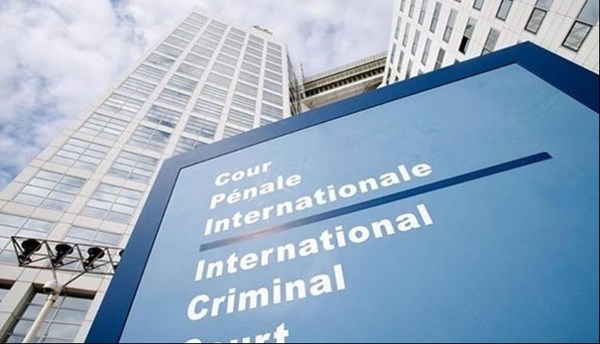Moscow hints that it will not cooperate with ICC's investigation into 2008 Russo-Georgian War
Moscow has hinted that they will not cooperate further with the International Criminal Court of The Hague (ICC) in its investigation into war crimes committed in Georgia in 2008 following the Court's announcement that all parties involved will be held accountable.
Last month, the ICC made the decision to start an investigation into the war crimes committed in Georgia in August of 2008. The Court stated that “such crimes include murders, crimes against humanity, unlawful deportation, persecutions, war crimes such as attacks against the civilian population, deliberate murders, deliberate attacks against peacekeepers, destruction of property and looting. These were allegedly committed in the context of international armed conflict, which took place between the 1st of July and the 10th of October 2008.”
Following the announcement, all parties agreed to cooperate with the ICC, and Russia provided the Court with over 30 volumes of documents, as reported by Democracy and Freedom Watch.
On February 1st, however, the ICC’s Chief Prosecutor, Fatou Bensouda, stated “Crimes against humanity, war crimes and genocide are within our jurisdiction. The office will investigate, for example, the murder of peacekeepers. We have information that there were attacks on peacekeepers both from Russia and Georgia. We are going to obtain further information about this."
The following day, the Russian Ministry of Justice released a statement saying that Russia would no longer participate in the investigation. “As of 1 February 2016, the Russian Federation has not ratified the Rome Statute of the International Criminal Court and the document has not come into power,” the statement reads, effectively stating that Moscow is not obligated to cooperate with The Hague.
The Rome Statute is a multilateral treaty which serves as the ICC's foundational and governing document. Under the Rome Statute, the ICC is allowed to investigate and prosecute core international crimes including genocide, crimes against humanity, and war crimes. As of January 2016, 123 states had ratified the Rome Statutue, including Georgia.
While Georgia has denied allegations of ethnic cleansing and war crimes in South Ossetia, Tbilisi has consistently reaffirmed its readiness to cooperate with the ICC’s investigation. Georgian Minister of Justice Tea Tsulukiani stated that “the decision of the International Criminal Court in The Hague is legally sound and in line with Georgia’s national and state interests.”
During a press conference in Tbilisi on February 18th, ICC Prosecutor Phakiso Mochochoko reiterated that the Court's investigation is objective, and stated that “we have a list of specific suspects. I have to make it absolutely clear that only after the completion of our investigation, after all the necessary evidence is collected and discussed, will we identify the suspects," Ekho Kavkaza reported.
